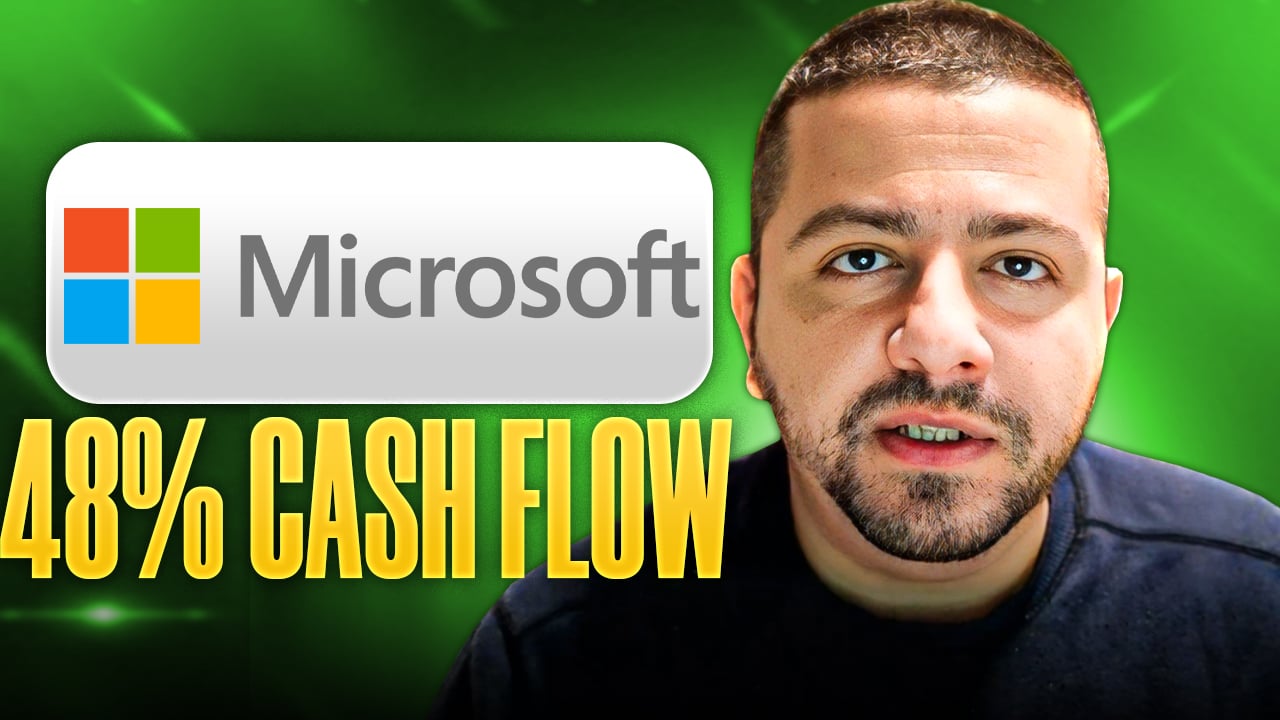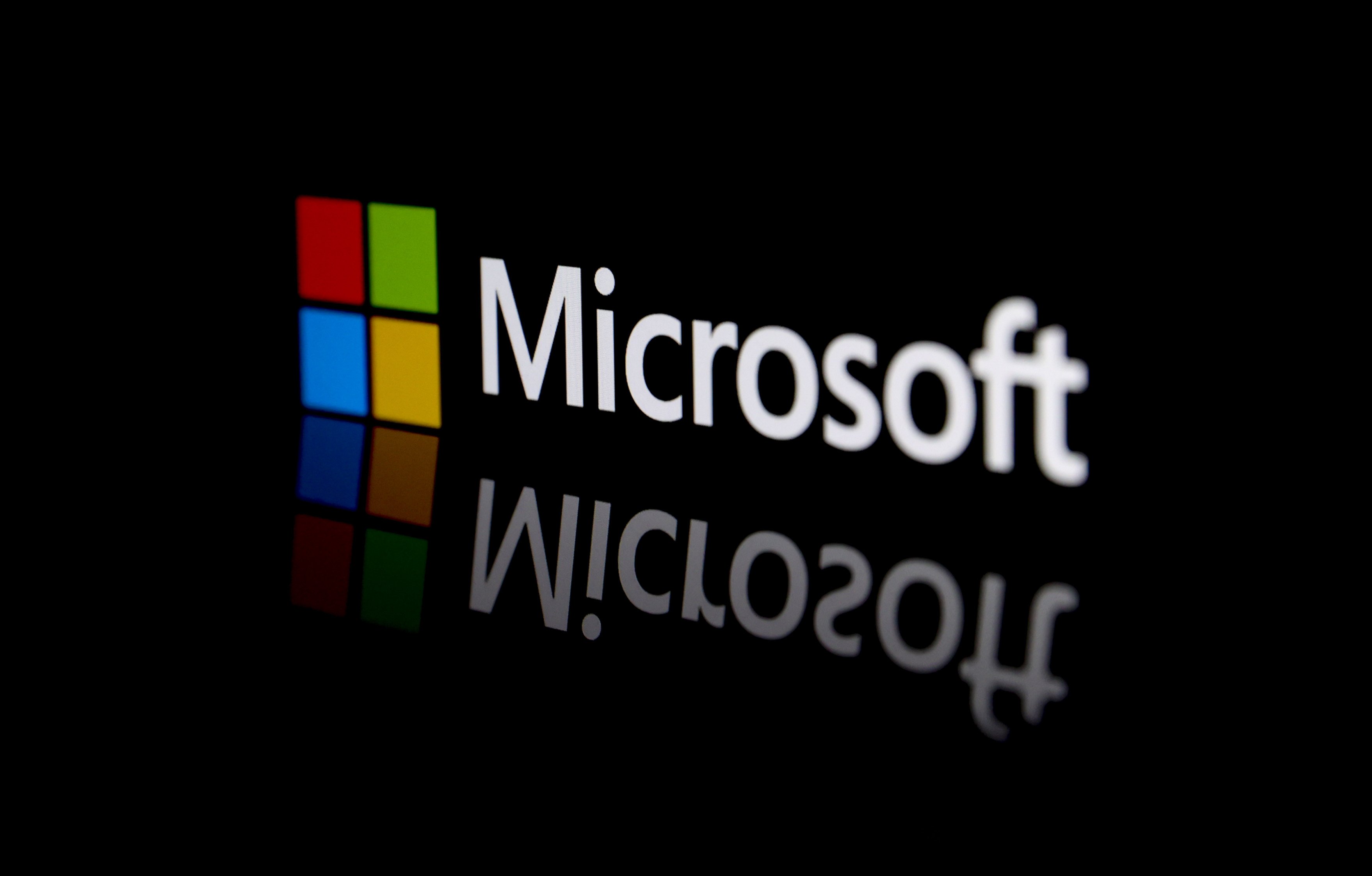As some analysts scale back the number of Surface tablets that Microsoft (MSFT +1.04%) will sell this quarter, the bigger concern now is if the device's Windows RT operating system is hurting Mr. Softy itself.
The Australian Financial Review is reporting that a Dell (DELL +0.00%) executive was warning Microsoft CEO Steve Ballmer about the branding pitfall of calling its mobile operating system for traditional ARM-chip based tablets Windows RT.
Jeffrey Clarke -- Dell's head of its PC business -- said that he told Ballmer that using the Windows name in branding it entry-level platform Windows would confuse buyers into thinking that it could actually run older Windows programs. It can't, and it's why many early adopters have been waiting until a pricier Intel-based Surface comes out early next year running the more compatible Windows 8 Pro.
There's a learning curve here that just isn't getting through to some consumers. The article points out that Microsoft has had to soften its return policy because too many people are returning Surface purchases after assuming that they thought it would be compatible with Microsoft's flagship operating system.
It was already going to be a high hurdle to clear for Microsoft. Apple (AAPL 0.28%) is the company making the iPad tablets that everyone craves, and Google's (GOOG 2.43%) Android is the mobile operating system that's allowing manufacturers to flood the market with cheap gadgetry.
Microsoft's Surface is the worst kind of hybrid. It's as expensive as an iPad, yet it's as indistinguishable as a cheaper Android tablet.
Why did anyone think that it would sell well? Microsoft lacks the ecosystem that Apple's iOS and Android have established over the years. The one unique advantage -- Surface's ability to run the included preview version of an RT-based Windows Office -- isn't as big a selling point as Microsoft probably thought it would be. Why would anyone risk buying into a new operating system that may be nixed sooner rather than later?
However, Windows RT failing wouldn't be a problem limited to arranging a platform's Viking funeral. Confusion would also sting the Windows brand altogether. PC sales have been sluggish since smartphones and tablets took off. If Microsoft's reputation takes a hit here, it will come at the company's most vulnerable moment.
We'll soon now if Surface and Windows RT are flops, but the real pain may be felt by Microsoft for a long time.






